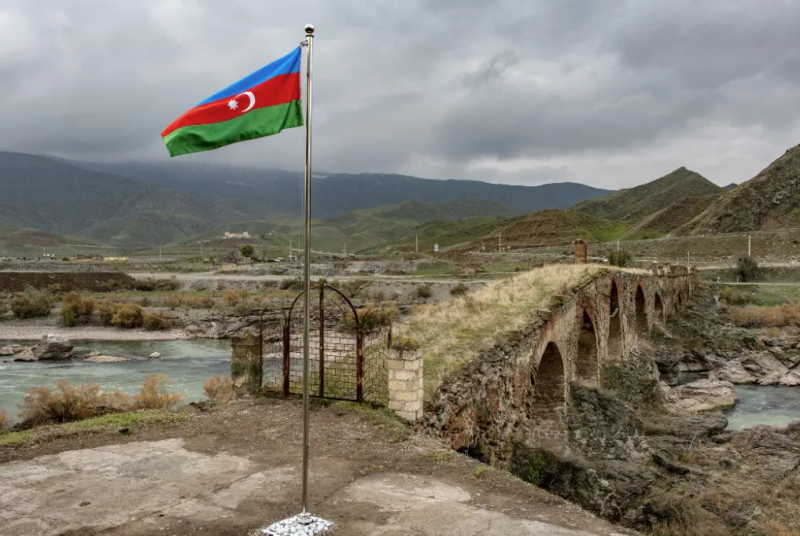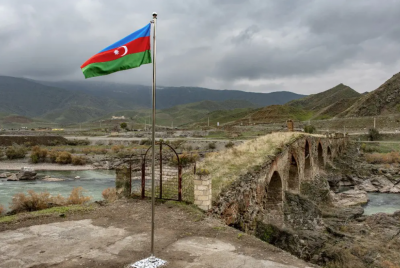Strategic experts suggest that Israel may carry out airstrikes on military sites in Iran using the most appropriate route, with Azerbaijan being a military partner and bound by a military agreement known as "Baku." The flight distance from Israel to Azerbaijan is approximately three hours on a regular commercial flight, making it the most suitable path for Israeli warplanes to execute their attacks without the burdens of navigating risky routes.
The security partnership between Azerbaijan and Israel dates back over a decade, highlighted by a veiled threat from Iranian Chief of Staff General Hassan Firouzabadi to Azerbaijan for hosting then-Israeli President Shimon Peres in 2009. Firouzabadi firmly warned President Aliyev that he "would face a dark future" due to the people's vigilance which cannot be suppressed, preventing the Zionist entity from intervening in his country's affairs.
Despite both Iran and Azerbaijan being Shiite states, there is a significant difference: Azerbaijan has inherited a secular culture and has maintained it for seven decades under the Soviet Union. Iran is unwilling to accept Azerbaijan's secular identity based on Turkish culture and feels frustrated and bitter about Turkey's increasing influence within its neighbor’s borders. Meanwhile, Iran has attempted, but failed, to spread the Shiite revolution in Azerbaijan.
Another factor is Iran's reluctance to accept a secular Shiite state that it views as belonging to the traditional sphere of Persian influence. According to a piece by Huda al-Husseini in Asharq Al-Awsat, Iranian Shiite fundamentalism lacks any actual support within Azerbaijan. At the same time, only 8 percent of Azerbaijani citizens support making Sharia law an official law in their country. Modern, secular Azerbaijan provides support for the Iranian opposition by offering an alternative path for their country.
Moreover, on the Iranian-Azerbaijani border, Israel operates listening posts and employs drones to gather intelligence on Iranian military affairs. It is worth noting that the Shusha Declaration states, "If there is any threat or aggressive action from a third state or states against its independence, sovereignty, territorial integrity, or the security of its internationally recognized borders, all parties will hold joint consultations."




